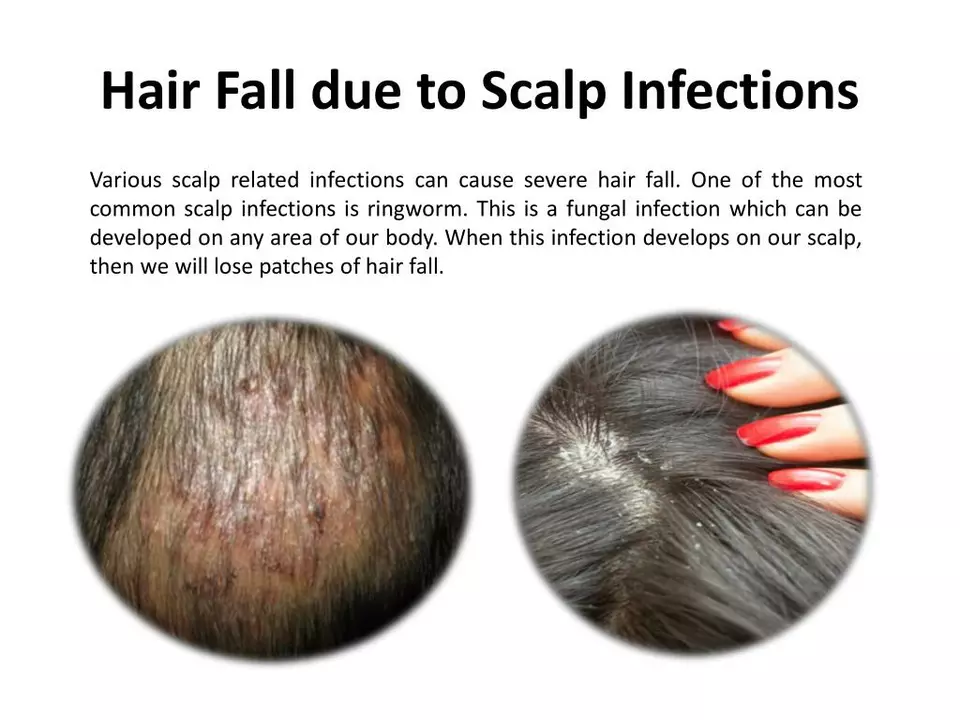Prevention: Simple Steps to Avoid Illness and Medication Risks
Prevention is about small actions that stop problems before they start. Whether you want to avoid infections, drug side effects, or workout injuries, the same idea applies: predict risks and act early. Here are clear, practical steps you can use today.
Prevent infections and medication mistakes
Wash your hands often — it's the single easiest habit to cut infections. If you take antibiotics like Noroxin or Augmentin, finish the course unless your doctor says otherwise. Never share prescription meds. Store medicines away from heat and moisture, and check expiration dates regularly. Ask your pharmacist about drug interactions, especially if you use antidepressants, antacids, or herbal supplements.
Ordering meds online? Use licensed pharmacies only. Look for clear contact info, a real address, and professional reviews. Cross-border pharmacies exist, but verify rules and shipping details. If a site offers huge discounts with no prescription, be skeptical — fake or unsafe meds slip through those channels.
Avoid common health problems in daily life
Allergy prevention is mostly about avoidance. For seasonal allergies, track pollen counts and use antihistamines like cetirizine (Zyrtec) during high pollen days. For contact dermatitis, identify triggers — soaps, metals, fragrances — and swap to hypoallergenic alternatives. Want fewer asthma attacks? Keep inhalers handy, avoid smoke, and follow an action plan from your healthcare provider.
In the gym, warm up for five to ten minutes. Increase weights slowly and rest between heavy sessions. Proper form prevents strains; if something feels sharp, stop and reassess. For workplace smoking issues, know your rights but choose smoke-free spaces to protect coworkers. Employers can set policies that balance privacy and health; if your workplace lacks guidance, suggest a clear, fair rule set.
Nutrition and gut health matter too. Add prebiotic-rich foods like onions, garlic, and oats to help gut bacteria. Supplements like Sceletium or wood anemone appear in wellness circles, but talk to your doctor before starting any herbal product, especially if you already take meds like nortriptyline or gabapentin alternatives.
When caring for newborns or breastfeeding while on medication, discuss safety. Some drugs, such as phenytoin, require specific advice for nursing mothers. Mental health meds for bipolar disorder or anxiety need careful monitoring. If you consider switching from alprazolam, review alternatives with a clinician and plan a gradual change if needed.
Prevention is also about planning. Keep a current list of your medications and allergies. Share it with your pharmacist and doctor. Schedule routine checks for chronic conditions like GERD or diabetes and follow simple lifestyle steps that lower risk. Small, consistent actions add up fast.
Quick checklist: update meds list, ask about interactions, secure prescriptions, get recommended vaccines, schedule annual physical, keep emergency numbers handy, and learn basic first aid. Small checks like these stop many avoidable problems before they start.
If unsure, always ask a pharmacist or your doctor today.
Want tailored advice? Reach out to a pharmacist at MapleLeafMeds.com or talk to your healthcare provider. Practical prevention keeps you healthier and avoids costly problems later.

HPV-Related Throat and Anal Cancers: Prevention and Key Facts
Learn how HPV causes throat and anal cancers, why cases are rising, and the proven steps to prevent them through vaccination and awareness.
February 4 2026
The Connection Between Ringworm and Hair Loss: What You Should Know
As a blogger, I recently discovered the connection between ringworm and hair loss, and I think it's important to share this information with you all. Ringworm is a fungal infection that can affect the scalp, leading to hair loss in some cases. This condition, called Tinea Capitis, can cause red, scaly patches on the scalp and even break the hair shafts. It's crucial to treat ringworm promptly to prevent permanent hair loss. Make sure to consult a doctor for proper diagnosis and treatment, and always maintain good hygiene to prevent the spread of this infection.
May 21 2023